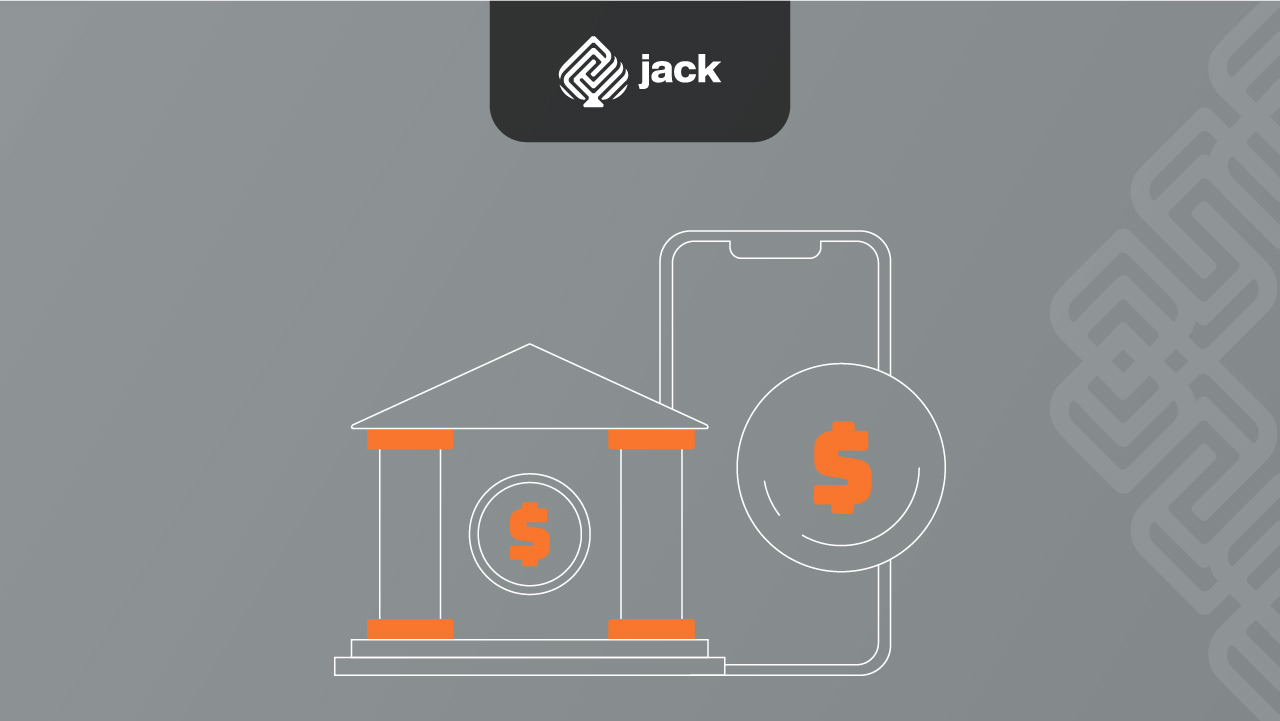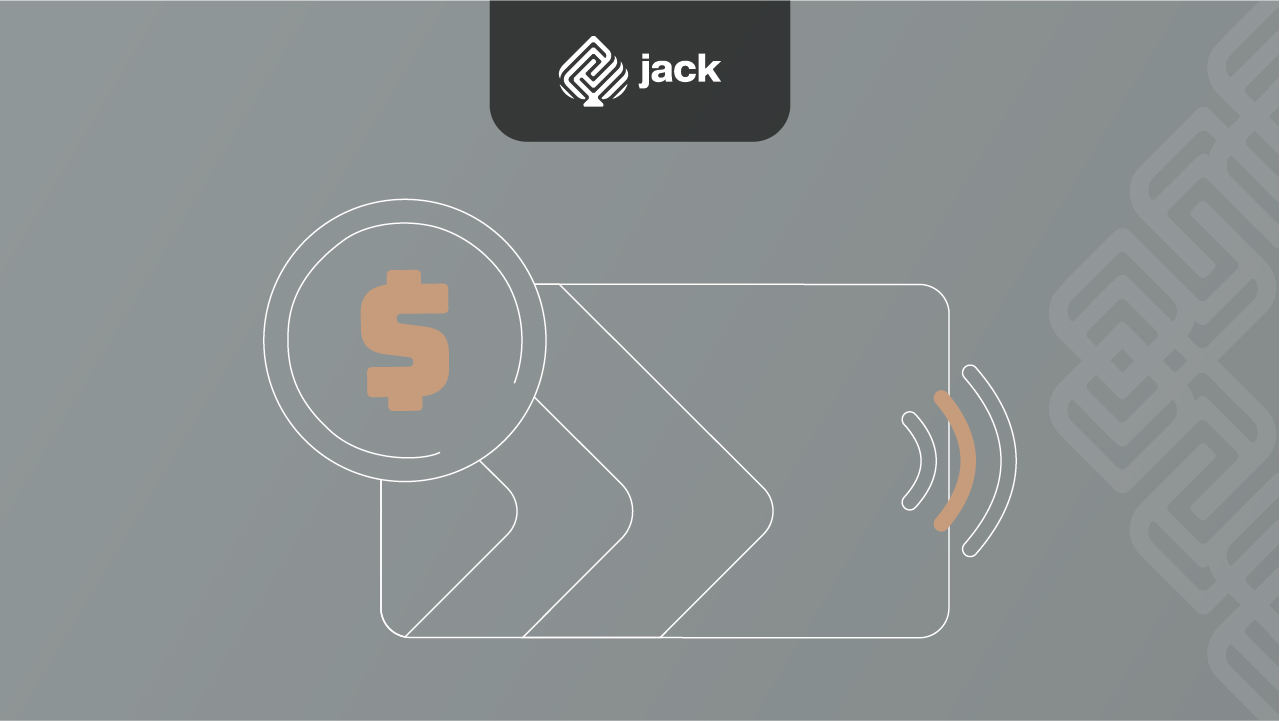The presence of fintech in the current era is highly prevalent in the age of the internet. With the increasing awareness of the public towards investments, various companies in the financial sector are becoming more recognized. This has led to the growth of online financial services such as fintech.
You may think that the presence of fintech is not much different from banks, which are also undergoing digitization. Although both operate in the financial field, fintech and banks have their differences. To understand the differences as well as their advantages and disadvantages, let’s explore them below.
General Differences: Fintech vs. Banks

First, let’s discuss the general differences between fintech and banks as follows.
Fintech
Fundamentally, fintech stands for financial technology and represents the revolution of financial services through the use of technology. The fintech industry is often regarded as a competitive alternative to traditional financial methods.
It’s important to highlight that fintech is shaping the future of banking. It encompasses business models that change the way people pay, send money, borrow money, and invest. Fintech tends to cover multiple categories within the broader scope of financial services compared to digital banks. In fact, fintech is often referred to as a financial system model that offers trust, transparency, and more efficient technological sophistication.
Furthermore, the future of fintech aims to shape a technology-driven ecosystem. This includes automation, artificial intelligence, big data, crowdfunding platforms, blockchain bonds, robo-advising, and much more.
Banks
The banks referred to here are digital banks, which are conventional banking methods that have undergone digitization in all traditional banking activities. Digital banks focus more on transferring banking services available online without the need for physical presence.
In practice, the goal of digital banking is to accelerate and enhance customer interactions with the bank. However, the scope of digital banking is limited to conventional banking activities in general. The face-to-face process is transformed into an online process without physical interaction.
Differences between Fintech and Banks based on the Financial Services Authority

Having discussed the general differences between fintech and banks, let’s now look at their differences from the perspective of the Financial Services Authority (OJK). The OJK’s version presents another viewpoint on fintech vs. banks, and here are five detailed differences:
1. Business Activities
The first difference between fintech and banks lies in their business activities. Banks play a role in gathering deposits from the general public, providing loans to corporations, micro, small, and medium-sized enterprises (MSMEs), consumers, retail, conducting various payment transactions, and selling investment products.
On the other hand, fintech serves as a platform in the form of websites or applications that act as intermediaries between lenders and borrowers for peer-to-peer lending transactions. All of these activities are based on agreements through agreed electronic systems.
2. Source of Loan Funds and Lenders
Next, let’s examine the difference between fintech and banks in terms of the source of loan funds and lenders. Banks obtain funds from savings, deposits, current accounts, owner’s equity, and debt issuances. The lenders are banks themselves.
On the other hand, fintech obtains funds from individuals or legal entities who have the funds and want to lend them to others. The lenders are those individuals or legal entities themselves, rather than fintech companies.
3. Loan Disbursement Risks
There is also a significant difference in loan disbursement risks. Essentially, from the bank’s perspective, they bear the risk of loan disbursement.
However, fintech companies do not bear this risk. The responsibility lies with the lenders.
4. Authority to Provide Restructuring
The authority to provide restructuring is another difference between fintech and banks. In this regard, banks have the authority to provide restructuring. On the other hand, fintech companies differ because it involves the lenders.
The lenders, who are the fund owners in this case, can only provide loan restructuring. This is done after obtaining approval from the lenders.
5. Supervision System
Lastly, we have the supervision system. Banks have their own supervision system because they are trusted institutions that collect public funds.
As for fintech, the supervision system focuses on intermediaries or platforms. In other words, fintech acts as the link between lenders and borrowers in carrying out market conduct.
Join Us and Experience The Ease of Putting Your Finances On Autopilot
Advantages and Disadvantages of Banks vs. Fintech

After looking at their differences, let’s also examine the various advantages and disadvantages of each service as follows.
Advantages of Fintech:
- Easy access to loans of a certain amount
- Can be used for learning about investing
- Can be used by all smartphone users
- Fintech has official permits and is regulated
- Facilitates customers in meeting urgent needs
Disadvantages of Fintech:
- The offered funds are relatively limited
- Service fees may be hidden
- Loan periods are relatively short
- Still susceptible to fraud
- Investing through fintech carries certain risks
Advantages of Banks:
- Extensive network coverage across Indonesia
- Interest rates and profit sharing are clearer
- Freedom to conduct various transactions
- Provides higher levels of security
Disadvantages of Banks:
- Complex and strict requirements when applying for loans
- Transactions may be subject to certain limitations
- Transaction and administrative fees may apply
These are the differences between banks and fintech, along with their various advantages and disadvantages. From the above discussion, we can conclude that both banks and fintech have their respective strengths.
Therefore, as a user, you only need to adapt to your specific needs. Sometimes banks excel in certain sectors, and the same goes for fintech. We hope this information is helpful.
Use Jack for your business needs.
Therefore, as a user, you only need to adjust according to your needs. Because there are times when banks excel in certain sectors, as well as fintech. We hope this information is beneficial.






